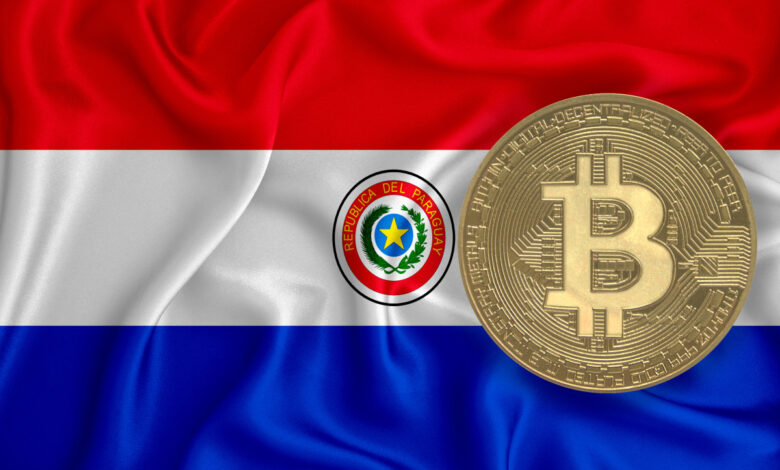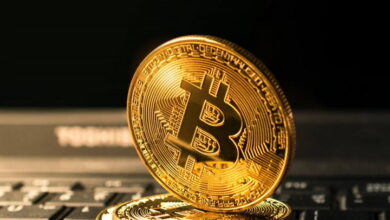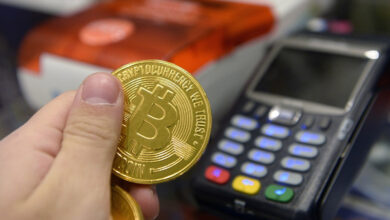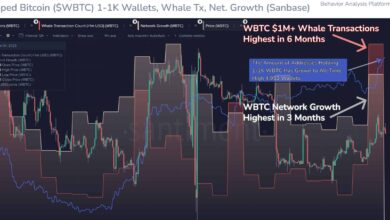
Paraguay’s Bitcoin Legalization Sparks Crypto Growth and Price
Paraguay’s decision to adopt Bitcoin marks a significant step forward in the legalisation of digital currencies. Reports indicate that President Santiago Peña has stated that Paraguay is poised to officially recognise Bitcoin as a legitimate currency, alongside its currency, the Paraguayan guaraní. Even if official legislation documents are still not available, the president’s office’s confirmation has been enough to boost investor confidence and start a bullish frenzy in the Crypto Markets.
This change puts Paraguay on the same level as El Salvador, which in 2021 became the first country in the world to make Bitcoin legal tender. This historic decision set a precedent, prompting other countries to reconsider their stance on cryptocurrencies. Paraguay’s decision highlights how Latin America is emerging as a key centre for crypto innovation, driven by the need for financial stability and the desire to leverage new financial tools.
Bitcoin Price Surge Driven by Paraguay’s Regulatory Support
Changes in government regulations and support for Bitcoin often have a significant impact on its price. The news from Paraguay triggered an immediate and substantial price increase, sending Bitcoin above $110,000. This is not only a new all-time high, but it also shows that investors are once again confident in Bitcoin’s long-term viability as a worldwide asset.

Several factors contributed to this rise. First, the fact that another country is considering making Bitcoin legal tender suggests that more people would use it, which could significantly increase demand. Second, it reinforces Bitcoin’s growing reputation as a means to protect against inflation and economic uncertainty, particularly in emerging economies where fiat currencies tend to be unstable. Third, institutional investors and crypto funds have viewed Paraguay’s decision as a positive indicator for regulations, which has led to increased buying on exchanges like Binance, Kraken, and Coinbase.
Paraguay’s Sustainable Bitcoin Mining Potential
Paraguay’s economy is a favorable environment for Bitcoin to thrive. The country’s economy, which heavily relies on agricultural and hydroelectric power, faces common challenges in emerging economies, including rising prices and limited access to trade and decentralised services. Offering a unique approach, it provides a solution that gives us a way to solve these problems by allowing people to provide their means of holding and giving us a way to have value that isn’t affected by government monetary policy or currency devaluation.
Paraguay is also a great place to mine Bitcoin due to its robust energy infrastructure, particularly its access to clean, affordable hydroelectric power from the Itaipú Dam, one of the world’s largest hydroelectric plants. Using renewable energy for sustainable mining aligns well with global efforts to address the environmental issues associated with bitcoin mining.
Paraguay could become a regional leader in blockchain innovation and cryptocurrency adoption due to its access to electricity, the demand for it in the economy, and the opportunity to leverage new technology.
Paraguay’s Bitcoin Legalization Impact
The legality of Bitcoin in Paraguay has political implications that extend beyond the country’s borders. Latin America has become a region where the United States, China, and the European Union compete for economic dominance. Paraguay’s decision to officially accept Bitcoin challenges the US dollar’s long-standing dominance in the region and indicates that the country is seeking to diversify its financial tools amid global economic uncertainty.
Paraguay’s approach could also encourage other Latin American countries, such as Argentina, Brazil, and Uruguay, to consider similar regulations. These countries have seen rising inflation and falling currency values, which naturally makes people want to try cryptocurrencies as a way to protect their capital and facilitate cross-border trading.
Due to the risks and advantages associated with widespread Bitcoin use, international financial organisations such as the International Monetary Fund (IMF) and the Financial Action Task Force (FATF) are likely to monitor Paraguay’s stance closely. For the program to last, there must be clear rules and compliance with anti-money laundering (AML) regulations.
Paraguay’s Bitcoin Adoption Challenges
Paraguay has several compelling reasons to adopt Bitcoin as legal tender, but implementing it fully will be challenging. The first challenge is integrating Bitcoin payments into a standard business operation. To facilitate easy business transactions for both merchants and customers, we need to develop digital wallets and point-of-sale systems that are user-friendly and ensure that everyone has access to the internet.
Third, rules and regulations need to be robust and adaptable. Paraguay’s financial authorities need to provide clear rules regarding taxes, consumer protection, anti-money laundering (AML), and cybersecurity. Collaborating with international organisations and professionals in cryptocurrency regulation will help make the ecosystem more transparent and trustworthy.
Paraguay’s Calculated Crypto Strategy
Many people thought El Salvador’s decision to use Bitcoin in 2021 was revolutionary, but it didn’t go as planned. There were problems with infrastructure, public distrust, and criticism from international financial institutions. El Salvador has also seen increased foreign investment in crypto-related infrastructure and tourism.

The time and context of Paraguay’s initiative are different. Paraguay may draw on what it learned from El Salvador’s initial attempt to develop more calculated and technically sound policies. This is possible because blockchain technology is continually improving, and more people around the world are embracing cryptocurrencies. Additionally, ‘SPaguasha’s has renewable resources, which give a competitive edge in prices. This might lead to job creation and economic diversification.
Final thoughts
Bitcoin’s rise above $110,000 following Paraguay’s statement demonstrates that the market has considerable faith in the currency’s future as a genuine global financial tool. If BTC becomes a legal tender in Paraguay, it may accelerate the country’s digital transformation and lead to the passage of other laws in this area.
Investors should closely monitor Paraguay as a test case for how Cryptocurrency Markets can be utilised in developing economies. If it works out well, it could change how regulations are made around the world and increase the popularity of Bitcoin as an asset class. Paraguay’s leading role may potentially lead to partnerships with blockchain firms, fintech innovators, and international groups who want to use digital currencies to promote development and financial inclusion.







